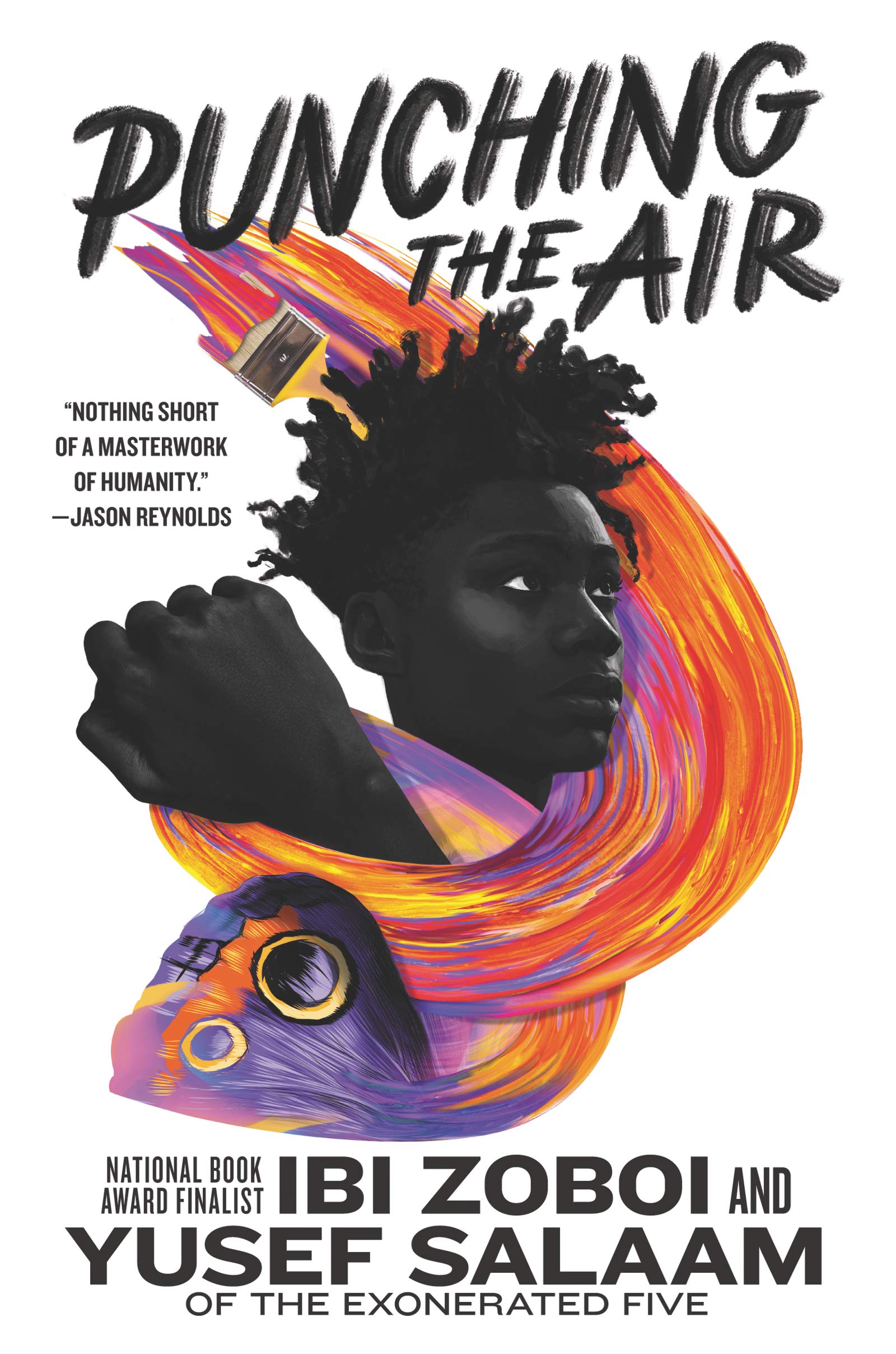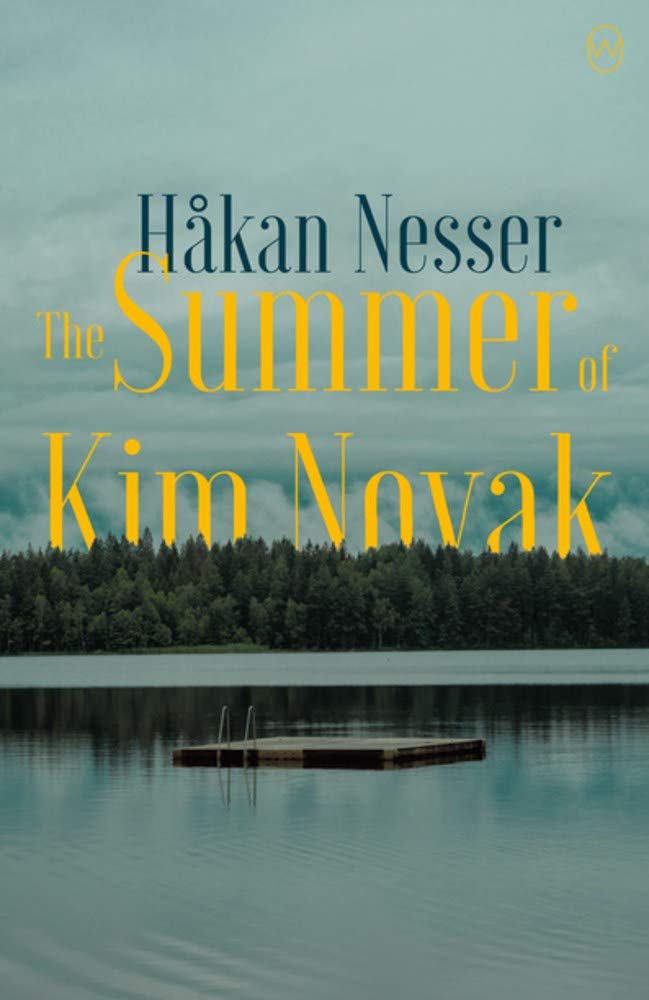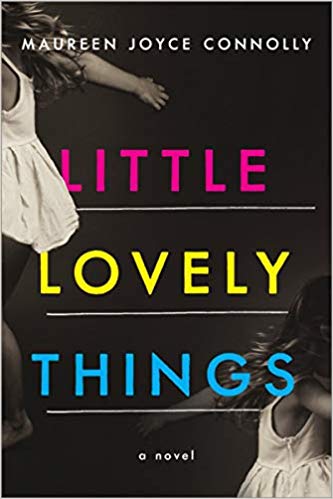 Amal Shahid was in the wrong place at the wrong time. For a Black teen, that’s a mistake with grave consequences, as Amal discovers when he is convicted and sent to prison for a crime he didn’t commit. The real Amal, a talented artist and writer, disappears beneath a media portrayal of an angry, violent youth whom white strangers – and white teachers and acquaintances – are more than happy to see locked away. Punching the Air, a novel in verse narrated from Amal’s perspective, chronicles his experiences on trial and in prison, a deeply affecting journey that both broke my heart and filled me with rage.
Amal Shahid was in the wrong place at the wrong time. For a Black teen, that’s a mistake with grave consequences, as Amal discovers when he is convicted and sent to prison for a crime he didn’t commit. The real Amal, a talented artist and writer, disappears beneath a media portrayal of an angry, violent youth whom white strangers – and white teachers and acquaintances – are more than happy to see locked away. Punching the Air, a novel in verse narrated from Amal’s perspective, chronicles his experiences on trial and in prison, a deeply affecting journey that both broke my heart and filled me with rage.
The book is a collaboration between author Ibi Zoboi (known for titles like American Street and My Life as an Ice-Cream Sandwich) and activist Dr. Yusef Salaam of the Exonerated Five, one of five teens wrongly convicted in the Central Park jogger case. The verse form is ideal for this novel, infusing some lightness, some space to breathe, into a narrative that can be dense and oppressive at times. At the same time, these poems are Amal’s testimony, not just of what happened to him, but of who he is – judge and jury didn’t lock up a criminal, they locked up a poet, a young man whose self is so much more than what the school-to-prison pipeline is willing to acknowledge.
This is not an easy read, but it is a necessary one. Amal’s story brings into light and clarity a reality that is all too easy for many of us, especially white readers, to overlook. Incarcerated people, even incarcerated children, are both out of sight and out of mind for too many of us. In Punching the Air, Zoboi and Salaam force us to look their experiences directly in the eye and acknowledge what violence is done, what precious things are endangered, in the name of our complacency. For Black teens like Amal, the novel offers something even more valuable: a reminder that they are worth so much more than the systems designed to tear them down.
I don’t mean to imply that this is a novel without hope. In some ways, it is very hopeful – but it is the hope of Amal’s resilience, not hope for the redemption of the institutions and societal structures which condemned him in the first place. The hope is in what are we going to do, now, to change things? Two good places to start are by learning more about prison abolition and by watching the bio-series When They See Us on Netflix, which tells the story of the Exonerated Five. Punching the Air is a powerful novel to put in the hands of both young readers and adults, one that I hope will prompt people to continue learning after they’ve finished reading.
A copy of this novel was provided by the publisher, Harper Collins, for review.




